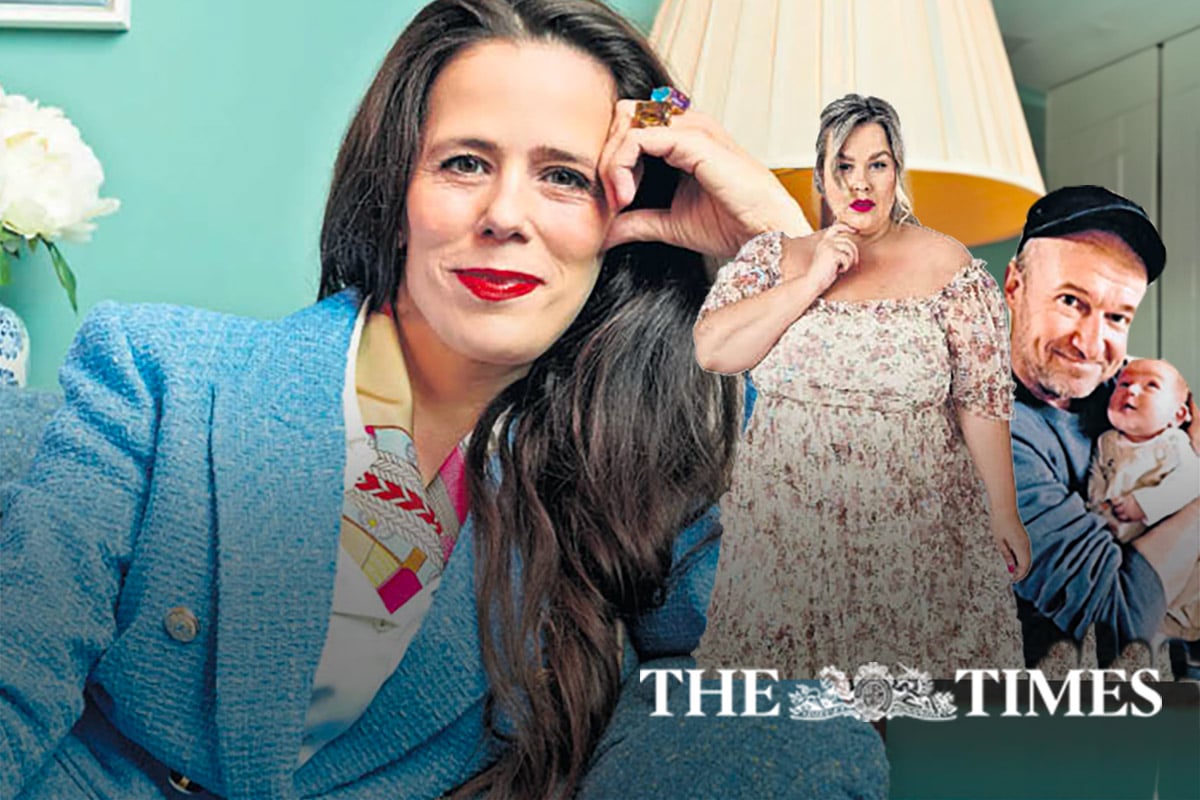In the evolving landscape of modern parenting, where unconventional family structures are gaining acceptance, Gillian McCallum stands at the forefront of meeting the rising demand for co-parenting solutions. As the founder of the Co-Parenting Agency, an arm of her business, McCallum has become a key figure in facilitating connections between individuals seeking to start a family through platonic co-parenting arrangements.
The demand for such services has seen a significant uptake, driven by a variety of factors ranging from changing societal norms to the impact of the COVID-19 pandemic. McCallum acknowledges that the pandemic has played a role in the surge of interest, as thirtysomethings, in particular, felt the pressure of “having their fertility stamped and trodden on” by lockdowns. This demographic, faced with the challenges of balancing career and family planning, turns to co-parenting as a viable solution.
One of the driving forces behind the co-parenting trend is the changing perception of traditional relationships. Couples, whether heterosexual or same-sex, are exploring alternatives to conventional romantic partnerships as they prioritise the shared goal of raising children. McCallum’s agency has become a crucial link for those who want to skip the traditional dating and romance phase and jump straight into co-parenting arrangements.
McCallum’s insight into the motivations of her clients reflects a diverse range of circumstances. For some, it’s the realisation that they may have left childbearing too late, while for others, it’s a proactive choice to embrace single parenthood or co-parenting without the complications of a romantic relationship. In the quest for parenthood, individuals like Kaisa Henriikka, an IT sales professional, have transitioned from conventional dating to exploring co-parenting options.
As the Co-Parenting Agency continues to address this growing demand, McCallum emphasises the importance of connecting individuals who share a common timeline for starting a family. Her agency has become a bridge for men and women who express the desire to meet someone willing to embark on the journey of parenthood within a specified timeframe. The agency’s approach reflects a practical response to the challenges posed by biological clocks and the pressures of modern life.
However, McCallum acknowledges the legal risks associated with co-parenting. From concerns about fathers’ rights during pregnancy to potential custody disputes after birth, navigating the legal landscape adds another layer of complexity to the co-parenting journey. Yet, despite these challenges, McCallum envisions co-parenting becoming a more mainstream choice in the coming decades.
In the face of scepticism and concerns about online co-parenting groups, McCallum remains optimistic. She envisions a future where co-parenting becomes a first-choice option for many, reshaping societal expectations around family structures. As individuals like Nick Farrow and Rae, the proud parents of Milly, share their stories of successful platonic co-parenting, Gillian McCallum’s Co-Parenting Agency continues to play a pivotal role in connecting those who are redefining the meaning of family and parenthood in the 21st century.






